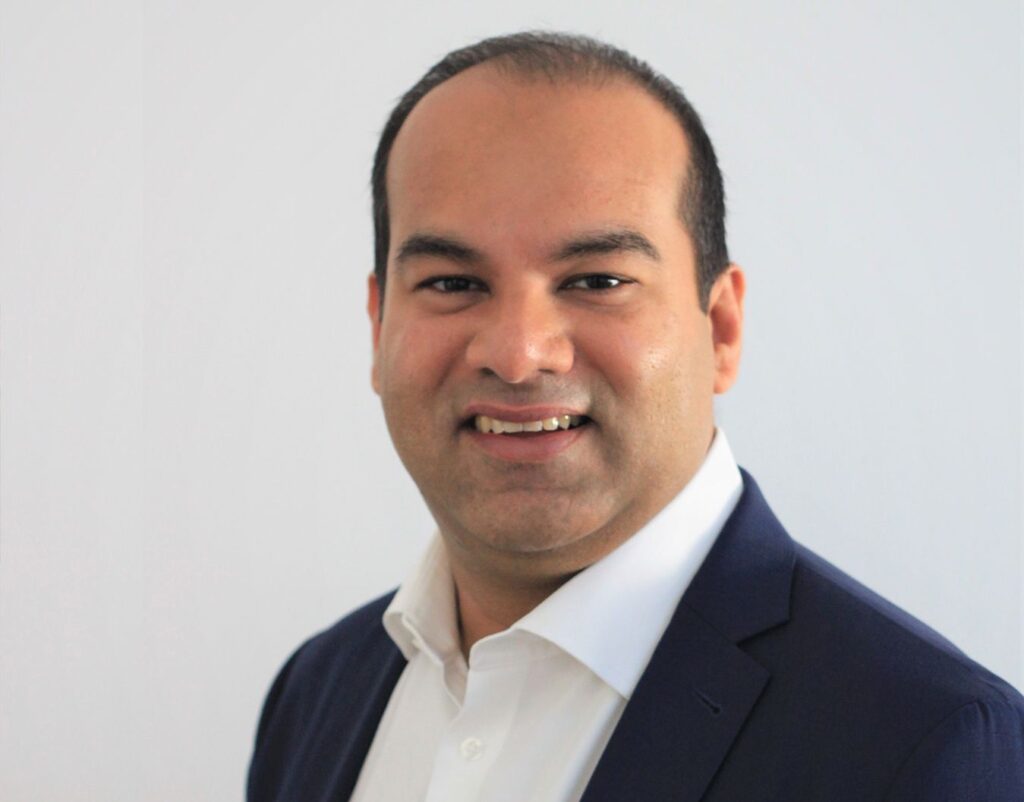
Fast-moving co-working franchise International Workplace Group (IWG) has accelerated its Aussie expansion with a new appointment. Franchise and financial services veteran Mark Bhardwaj will step in as the new IWG Australia head of partnership growth.
Bhardwaj will oversee franchise growth from a local level, helping IWG to fulfil the ambitious objectives of its newly launched Australian franchise program. It will no doubt be a challenging role, but as luck would have it, the new IWG Australia head of partnership growth has an experienced head on his shoulders.
The new recruit has over 18 years of experience across franchise, business development and financial services, having previously served as head of franchise development for Volkswagen Group Australia, along with senior positions at ŠKODA Auto Australia and Ateco Group Australia.
IWG Australia head of partnership growth
The big name scalp continues a long-list of recruitment wins for the flexible workspace provider, not the least of which being luring former DHL eCommerce managing director Damien Sheehan to the business as country head.
Sheehan said with interest in flexible and co-working spaces projected to swell significantly, it was critical that IWG invested in an experienced and talented executive team.
“The demand for flexible workspace is growing exponentially across the world, including in Australia,” Sheehan said.
“Mark’s experience will help us further strengthen our relationships with existing and new operators, bringing the many benefits of flexible working to more people and businesses across Australia.”
Co-working in Australia
Sheehan also revealed that the brand had been working hard on developing a franchise program that allowed new partners to leverage the emerging market and ensure a sustained success.
““Through our franchise program, we’re giving Australians a unique opportunity to capitalise on the untapped and increasing potential of our market. Flexible workspace is one of the most exciting growth markets in the world, and the next frontier for franchise operators,” he said.
”By 2030, it is predicted that up to 30 per cent of all commercial real estate will be flexible workspace, while flexible working is estimated to increase the total economic output in Australia by an estimated $122bn.”
Sheehan’s prediction mirrors conditions seen across the globe, where co-working spaces have dramatically increased in demand. IWG alone helps millions of people in 1000 cities across more than 120 countries to find collaborative work spaces.
Growth strategy revealed
Bhardwaj revealed to Inside Franchise Business the specific targets areas for growth.
“Over the next 12 months, we will be focusing heavily on targeting the city fringe, and tier two and three locations across Australia to grow our operations and expand our reach significantly.”
IWG’s main geographical targets include:
- NSW: Central Coast, Newcastle, Hunter, Wollongong, Penrith, Nowra
- QLD: Gold Coast, Sunshine Coast, Toowoomba, Townsville, Cairns
- VIC: Albury Wodonga, Mildura and Mornington Peninsula
- WA: south of the Swan River in Perth
- SA: North and East Adelaide.
“As part of this strategy, we will be targeting investors who can commit to three or more locations over the next four-six years,” said Bharwaj.
He is looking for investors who understand that the business model is not about leasing office space and installing desks.
“Rather [it’s about] the importance of providing a flexible workspace for entrepreneurs, SMEs and large enterprise clients with the necessary services that go along with it to further grow their individual businesses.”
Bhardwaj said “Location will be key to this, alongside access to public transportation, parking and cafes – all vital elements for a sound business model.”
Ideal locations have a footprint of about 1,000 sqm.
“Over the next three-five years we’ll be driving our strategy forward, with the target of having a presence in most cities, ranging from major metro hubs to smaller-scale tier three locations.”

